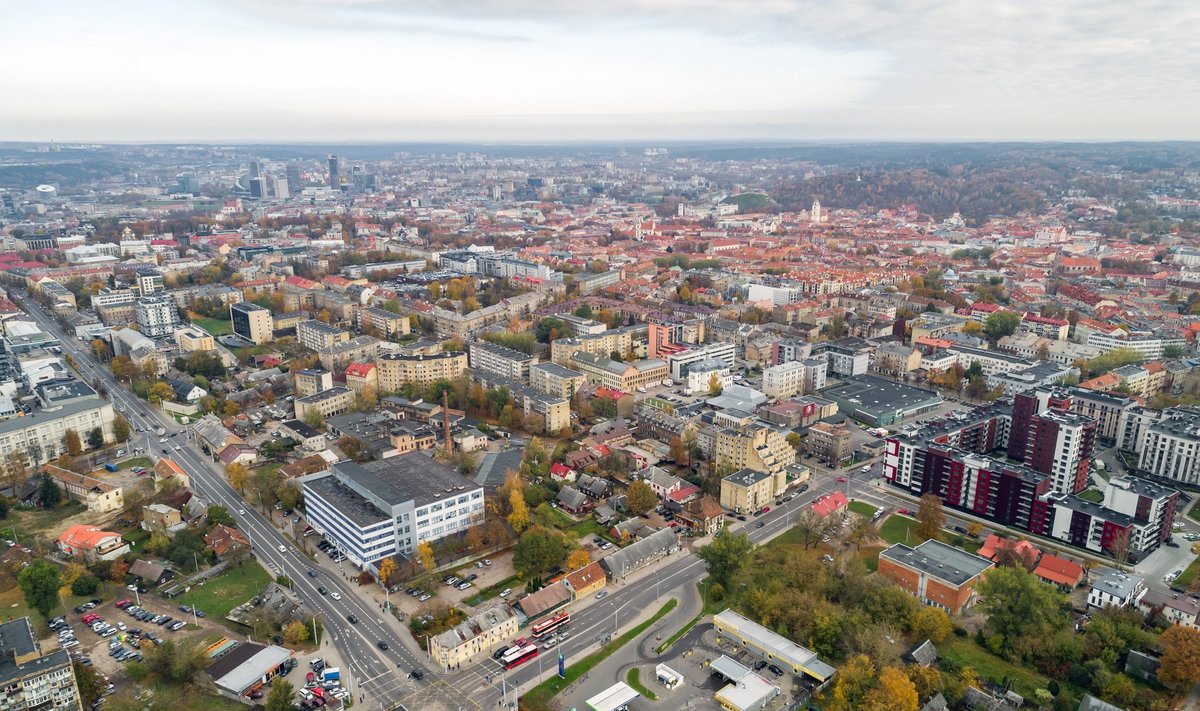Due to pension indexation that takes into account rising wages, pensions will grow more than 8 percent as of January. The average old-age pension will stand at 377 next year, and it will amount to 399 euros for people with mandatory working experience.
Child benefit payments will rise from 50 to 60 euros, and from 70 to 100 for large families, families on low income or raising disabled children.
Salaries of civil servants
The basic pay rate for civil servants will grow from 173 to 176 euros, meaning that around 300,000 states officials and civil servants will see their pay rise.
The minimum monthly pre-tax wage will increase to 52 euros from 555 to 607 euros in January, brining the after-tax pay up by 41 euros from 396 to 437 euros. Around 156,000 people in Lithuania earn the minimum wage or less, government figures show.
Residential income tax
Those earning 110,000 euros will see their residential income tax rate grow from 27 to 32 percent. There are over 2,000 such earners in Lithuania.
The non-taxable income will rise from 300 to 350 euros.
Real estate tax
The owners of real estate worth more than 150,000 euros will pay the tax, down from the previous threshold of 220,000 euros. 75 percent of such real estate is situated in Vilnius. The government hopes to collect around 2.5 million euros in additional budget revenue per year from this tax.
Fuel excises
Due to growing fuel excises, a liter of petrol will go up by around 4 euro cents. The diesel fuel excise for farmers will increase from 56 to 60 euros per 1,000 liters, meaning that one liter will be around 0.5 euro cents more expensive.
